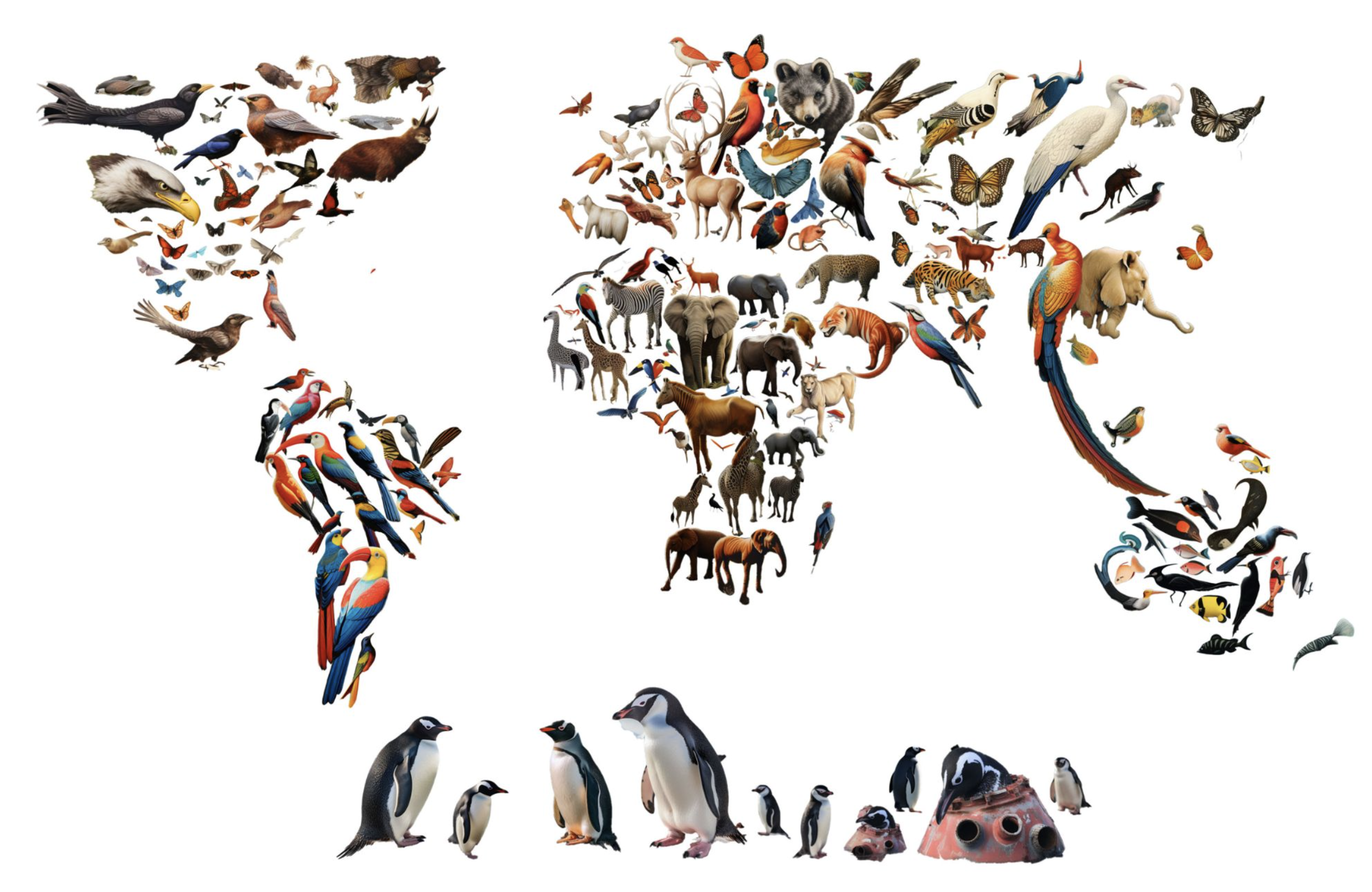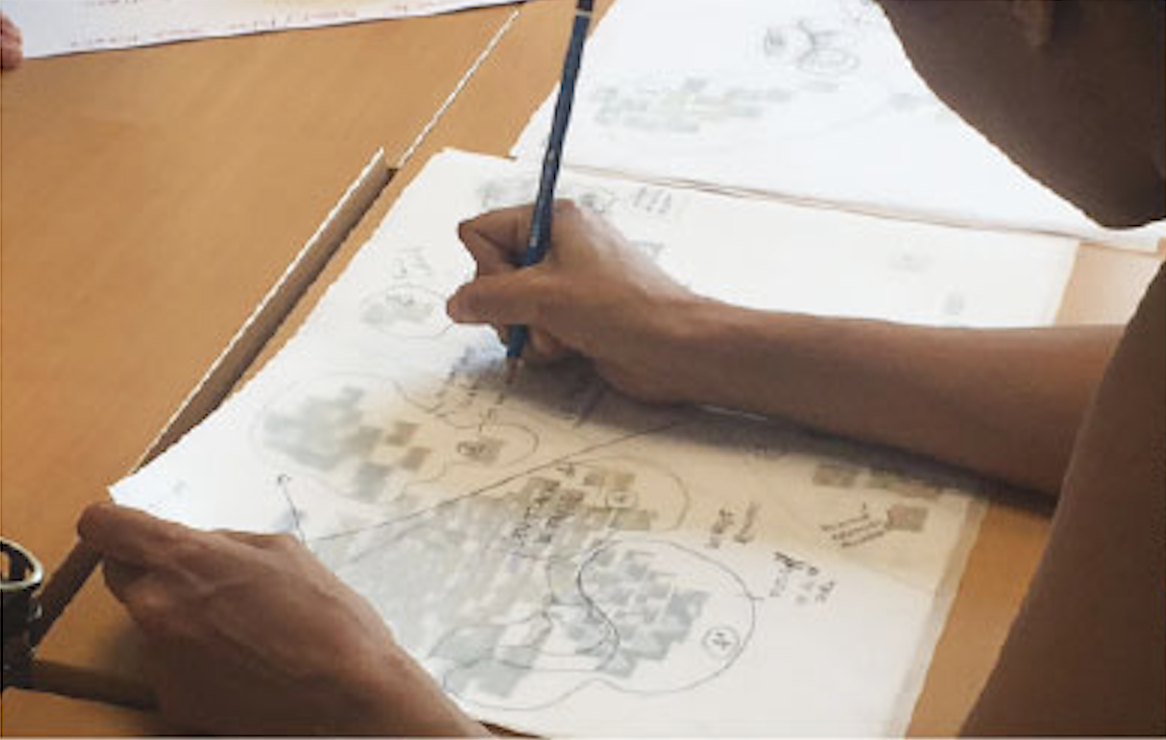You are here: Foswiki>Dmi Web>WinterSchool2025 (14 Oct 2024, RichardRogers)Edit Attach
Chatbots and LLMs for Internet Research?
Digital Methods Winter School and Data Sprint 2025


Digital Methods Winter School and Data Sprint 2025 6-10 January 2025
https://wiki.digitalmethods.net/Dmi/WinterSchool2025
In-person Opening day location:
University of Amsteram
Oudemannhuispoort
1012 CN Amsterdam
Room D1.09 Everyday location:
Media Studies
Turfdraagsterpad 9
1012 XT Amsterdam
the Netherlands
Important Links (to be populated)
- Welcome package (includes the Schedule)
- Schedule
- Join the Mattermost channel! (Alternative to Slack)
- Project descriptions (join a project!)
- Tutorials
- Template for final poster
- Template for project reports. And DMI wiki project write-up template
- Face Book
Digital Methods Winter School and Data Sprint: Call for Participation
The Digital Methods Initiative (DMI), Amsterdam, is holding its annual Winter School on 'Chatbots for Internet Research?'. The format is that of a (social media and web) data sprint, with tutorials as well as hands-on work for telling stories with data. There is also a programme of keynote speakers. It is intended for advanced Master's students, PhD candidates and motivated scholars who would like to work on (and complete) a digital methods project in an intensive workshop setting. For a preview of what the event is like, you can view short video clips from previous editions of the School. Chatbots and LLMs for Internet Research? Towards a Reflexive Approach Positions now are increasingly staked out in the debate concerning the application of chatbots and LLMs to social and cultural research. On the one hand there is the question of ‘automating’ methods and shifting some additional part of the epistemological burden to machines. On the other there is the rejoinder that chatbots may well be adequate research buddies, assisting with (among other things) burdensome and repetitive tasks such as coding and annotating data sets. They seem to be continually improving, or at least growing in size and apparent promise. Researcher experiences are now widely reported: chatbots have outperformed human coders, ‘understanding’ rather nuanced stance-taking language and correctly labeling it better than average coders. But other work has found that the LLM labeling also has the tendency to be bland, given how the filters and safety guardrails (particularly in US-based chatbots) tend to depoliticise or otherwise soften their responses. As researcher experience with LLMs becomes more widely reported, there are user guides and best practices designed to make LLM findings more robust. Models should be carefully chosen, persona’s should be well developed, prompting should be conversational and so forth. LLM critique is also developing apace, with (comparative) audits interrogating underlying discrimination and bias that are only papered over by filters. At this year’s Digital Methods Winter School we will explore these research practices with chatbots and LLMs for internet research, with an emphasis on bringing them together. How to deploy and critique chatbots and LLMs at the same time, in a form of reflexive usage?Applications: Key Dates
There are rolling admissions and applications are now being accepted. To apply please send a letter of motivation, your CV, a headshot photo and a 100-word bio to winterschool [at] digitalmethods.net. Notifications of acceptance are sent within 2 weeks after application. Final deadline for applications is 9 December 2024. The full program and schedule of the Winter School are available by 19 December 2024.Tuition Fees, Completion Certificates & Accommodations
The fee for the Digital Methods Winter School 2024 is EUR 695, and upon completion all participants receive transcripts and certificates (worth 6 ECTS). To complete the Winter School successfully all participants must co-present the one final presentation (poster session) and co-author one final project report, evidenced by the presentation slides or poster as well as the final report(s) themselves. Final reports should appear on this wiki (handy template) and contain a link to the final presentation slides or poster. They are due on 10 February, or four weeks after the end of the Winter School. There are no other attendance or completion certificates issued other than the transcripts.Payment information is sent along with the acceptance notification. Students at the University of Amsterdam do not pay fees. Members of Dutch Research Schools and alumni of the University of Amsterdam pay half fees. There are no other scholarships or discounts.
The Winter School is self-catered. The venue is in the center of Amsterdam with abundant coffee houses and lunch places.
We have available accommodations at this hotel: The Social Hub Amsterdam
Jan van Galenstraat 335
1061 AZ Amsterdam
(Arrival: 5 January 2025; Departure: 11 January 2025)
https://www.thesocialhub.co/amsterdam-west/
Use discount code: DIGITALMETHODS15 (It only works for Arrival: 5 January 2025; Departure: 11 January 2025. For different dates, contact the hotel directly.)
We also have accommodations available at
The Volkshotel
Wibautstraat 150
1091 GR Amsterdam
https://www.volkshotel.nl/en/
Use discount code: DIGIMETH20 To avoid disappointment, please contact them as early as possible. Please bring your laptop computer, your European plug as well as the HDMI/USB-C adaptor for connecting to the projector.
About DMI
The Digital Methods Winter School is part of the Digital Methods Initiative (DMI), Amsterdam, dedicated to developing techniques for Internet-related research and to the study of the natively digital. The Digital Methods Initiative also holds the annual Digital Methods Summer Schools, which are intensive and full-time undertakings in July. There is a practical textbook, Doing Digital Methods (Sage, 2024 - 2nd edition). The Digital Methods book (MIT Press, 2015) provides one methodological outlook that frames and informs the work of the DMI. It is accompanied by a companion volume about mapping social and political issues with digital methods: Issue Mapping for an Ageing Europe (Amsterdam University Press, 2015), which is also freely available on the web as an open access monograph. Further information and resources about digital methods can be found at digitalmethods.net - including links to example projects, publications, tools, an introductory "founding narrative" about the Digital Methods Initiative as well as short bios of the affiliated researchers. The coordinators of the Digital Methods Initiative are Prof. Sabine Niederer (Amsterdam University of Applied Sciences) and Dr. Esther Weltevrede (New Media & Digital Culture, University of Amsterdam), and the director is Richard Rogers, Professor of New Media & Digital Culture, University of Amsterdam.About Digital Methods as a Concept
Digital methods is a term coined as a counterpoint to virtual methods, which typically digitize existing methods and port them onto the Web. Digital methods, contrariwise, seek to learn from the methods built into the dominant devices online, and repurpose them for social and cultural research. That is, the challenge is to study both the info-web as well as the social web with the tools that organize them. There is a general protocol to digital methods. At the outset stock is taken of the natively digital objects that are available (links, tags, threads, etc.) and how devices such as search engines make use of them. Can the device techniques be repurposed, for example by remixing the digital objects they take as inputs? Once findings are made with online data, where to ground them? Is the baseline still the offline, or are findings to be grounded in more online data? See R. Rogers (2009), The End of the Virtual: Digital Methods. Amsterdam: Amsterdam University Press.Social
We are using the #DMI25 hashtag for social media. Some pictures from a past Winter School. Here is the Facebook Group from one year, and from a Summer School. Here are pictures from a variety of DMI Summer and Winter School Flickr streams.EU Project
This Summer School is part of the EU Projects, SoMe4Dem, SoBigData++ and Vera.ai.Edit | Attach | Print version | History: r4 < r3 < r2 < r1 | Backlinks | View wiki text | Edit wiki text | More topic actions
Topic revision: r4 - 14 Oct 2024, RichardRogers
 Copyright © by the contributing authors. All material on this collaboration platform is the property of the contributing authors.
Copyright © by the contributing authors. All material on this collaboration platform is the property of the contributing authors. Ideas, requests, problems regarding Foswiki? Send feedback
